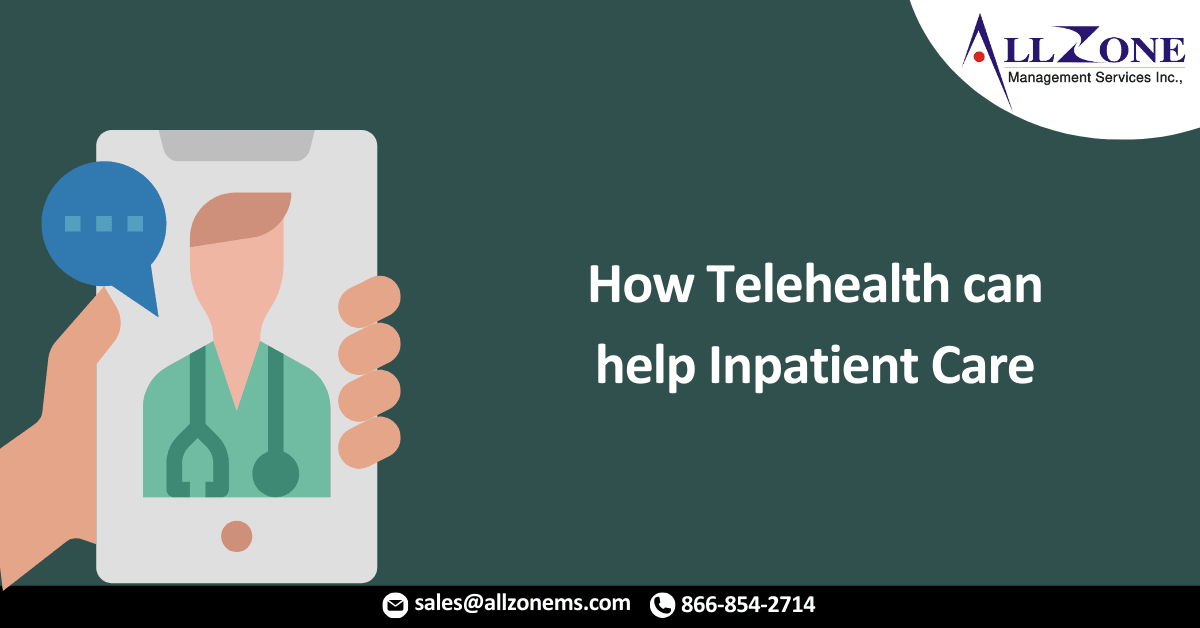With the proliferation of quality measures in value-based contracts, many primary care physicians feel overwhelmed and set up to fail. Research conducted at the healthcare system shows that these clinicians are inundated with an excessive number of quality metrics, often leading to administrative burdens and reduced patient care. One of the primary criticisms of value-based […]
To ensure both financial stability and operational efficiency, revenue cycle leaders must reinforce three essential areas. The challenges of grappling with low operating margins, diminished reimbursements, and escalating costs will persist throughout 2024. In an era where a subpar financial journey could overshadow a top-tier clinical experience for patients, the burden on revenue cycle leaders […]
Using telemedicine for primary care during the COVID-19 pandemic did not hurt quality of care for patients, according to a new study. Researchers examined 16 measures of primary care quality and found patients using telemedicine had outcomes as good or better than those making in-office visits, according to the study published in JAMA Network Open. […]
Healthcare provider organizations and clinicians are fortunate that telehealth has gone mainstream as a result of the COVID-19 pandemic. Telehealth opens up many new avenues to expand access to care, streamline the delivery of care, create new workflows and improve patient outcomes. Hopefully the Congress and state legislatures will act soon to ensure the temporary […]
This new law is set to take effect on Jan. 1, 2022. In the closing days of 2020, Congress enacted and the President signed into law the “No Surprises Act.” But what does that mean for providers and patients exactly? The Act contains key protections to hold consumers harmless from the cost of unanticipated […]
Today, data breaches, ransomware attacks, and identity theft are endangering privacy and well-being. This is true for medical data because if malicious hackers get access to it, human lives and health could be at stake. Scammers may also attempt to benefit from ongoing events to disrupt the data gathering process for healthcare corporations. Medical […]
Doctors looking to earn more under Medicare’s Merit-based Incentive Payment System (MIPS) would likely benefit from working in a practice affiliated with a hospital system. A recently-published study in JAMA finds that doctors in system-affiliated practices earned substantially higher MIPS scores in 2019 than those in independent practice, and were thus more likely to receive upward payment adjustments and […]
Though healthcare organizations have endured a global health crisis that has severely taxed their bottom lines, there are areas for growth coming out of the pandemic. The outbreak of coronavirus disease 2019 (COVID-19) caused one of the most financially crippling situations for healthcare in decades. Besides the clinical implications, hospitals and health systems that […]
CMS’ reworked the Merit-based Incentive Payment System, to simplify reporting requirements for providers in its 2020 Physician Fee Schedule Quality Payment Program Final Rule.Patient billing disputes result in more work for hospital staff and can potentially stand in the way of timely payment for services. However, many organizations are making efforts to avoid or reduce […]
The agency dropped proposals for three key payment programs aimed at cutting administrative burden and boosting price transparency. CMS has released three new proposed payment programs that aim to reduce administrative burden, put patients over paperwork, and increase price transparency for patients, the agency said in a statement emailed to journalists. Specifically, CMS has proposed […]










